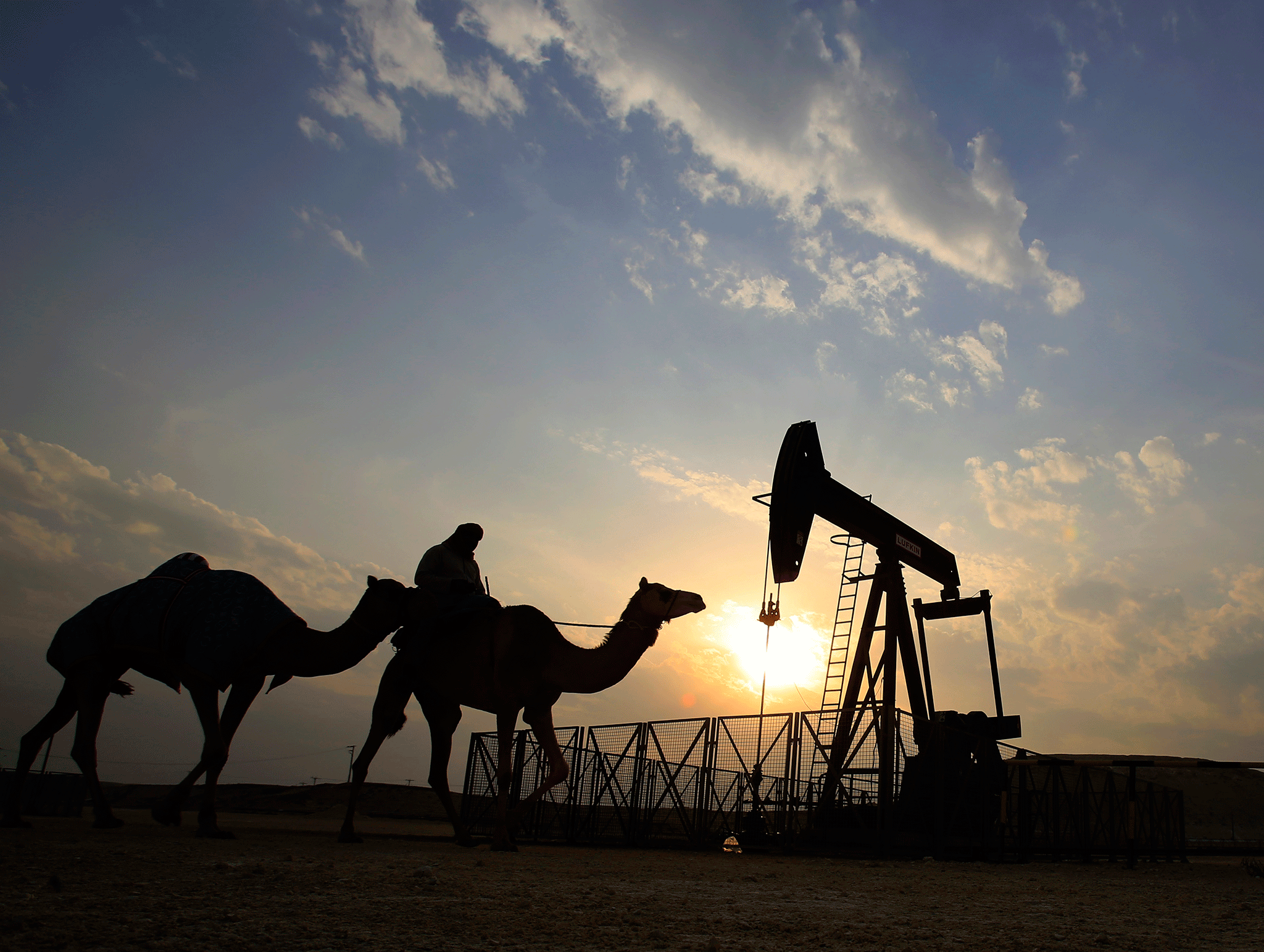Opec's production cut sends oil price higher. Here's why that might not last
The oil producing cartel has secured a PR win, but it's open to question whether it will achieve its aim of sustainably higher prices

Readers of a certain age may remember a time when Opec mattered; when meetings of the cartel of oil producers sometimes made the front pages of newspapers, and the lead item on the TV news.
We’re not quite there yet, but they could be forgiven for feeling a certain sense of deja vu had they been following the cartel’s latest meeting.
The fractious bunch of countries involved have agreed to cut production by 1.2m barrels per day. The prospect of it happening had sent the City into quite a tizzy and Brent Crude prices headed north after one of the more exciting working days oil traders have had in recent years.
So this is the shape of things to come? Have the Saudis accepted the failure of their never explicitly stated policy of pumping as much of the black stuff as possible to put the squeeze on higher cost producers, such as those using shale in the US?
Not so fast. For a start Indonesia (730,000 barrels per day) has been suspended from the cartel, with its quota distributed around the other members, such as Iran, which was vocally arguing that it ought to be allowed to get its production back to where it was before US sanctions started to bite. The cut therefore won’t be quite as good as the headlines might suggest
But a cut is a cut. Surely a good thing if you want to see prices rising from their lows during the recent glut? Particularly if your budgets are under strain and your people are starting to get fractious without the subsidy provided by the commodity your economy relies upon. It is, after all, the first such event in eight years.
Unfortunately, even after the deal has been signed, some countries will inevitably take a flexible view of their quotas. Why not get a free ride if you think you can get away with it?
Then there is the reaction of non Opec members, some of which have said they might play ball by cutting their production, but which have even less motivation to do so when it comes to the practicalities of getting the deal to work on the ground.
Opec isn’t the power it once was. If it hadn't got a deal done at a time when its members rather badly need it, they might all just as well have packed it in.
The sentiment of speculators has sent the oil price higher. There might end up being a be bit less new oil coming on the world market in the months ahead too. This deal sees a reduction to the output last seen in, erm, April. Before the Saudis started to ramp up production.
I’d imagine Nicola Sturgeon will have been watching developments quite closely given that a higher oil price would strengthen the economic argument for Scottish independence. But she shouldn’t get too exited.
I’d imagine Theresa May would also have been kept informed. Fracking, and frothy talk about oil under Gatwick. It’s a Brexit get out of jail free(ish) card for the economy! If we can just persuade people that it won’t turn into an environmental disaster. Which the planet’s addiction to oil and fossil fuels generally is creating anyway. But like Ms Sturgeon, Ms May shouldn’t count any chickens.
Opec has achieved one thing: Some positive PR. It has made the world think it matters again. Fun for the oil ministers who heard their fathers’ war stories about what they used to get up to. Fun for the traders and the spread bettors. But will it amount to anything more than that? Let's just wait and see.
Join our commenting forum
Join thought-provoking conversations, follow other Independent readers and see their replies
Comments
Bookmark popover
Removed from bookmarks